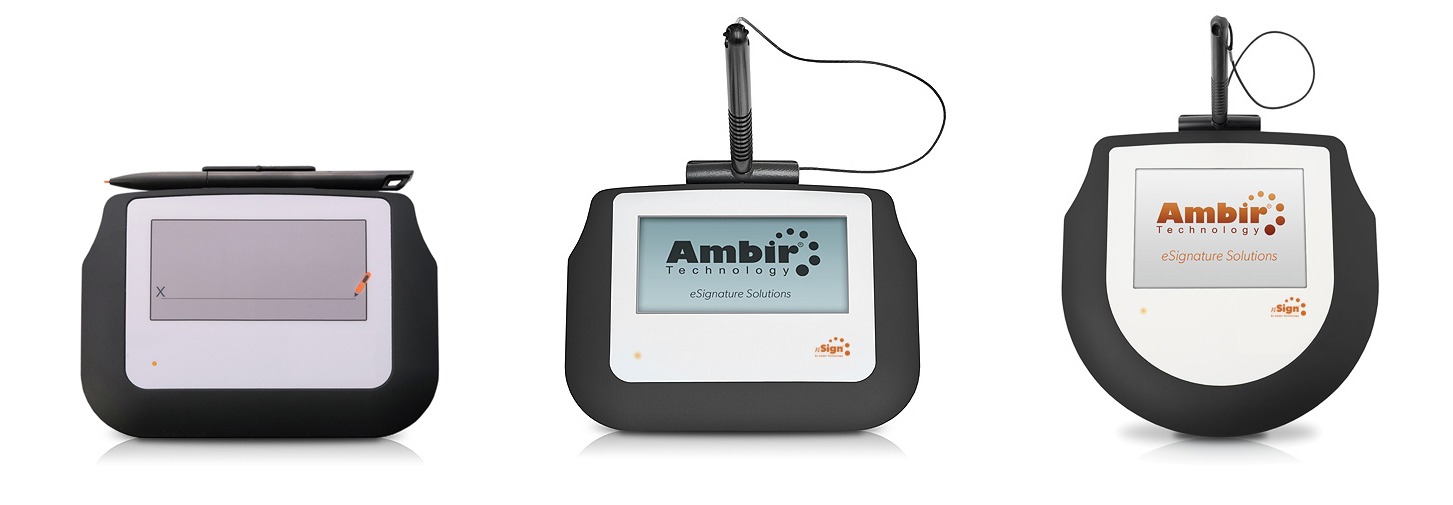In the field of optometry, where precision, patient care, and confidentiality are significant, the shift towards electronic health records and digital tools has transformed the way optometrists manage patient information and workflows. One key component of this digital shift is the use of electronic signatures (e-signatures), allowing optometrists to sign documents electronically. However, you may find yourself asking, “Is this electronic signature really as legitimate as my handwritten one?”
The answer is yes. Electronic signatures are acknowledged as legally valid under both federal and state legislation, including the ESIGN Act and UETA. These regulations stipulate that the signer demonstrates an intention to sign, agrees to the electronic transaction, and employs appropriate authentication techniques. Consequently, when executed correctly, electronic signatures possess the same legal authority as traditional ink signatures, rendering them a reliable and effective option for optometrists.
As optometrists move towards increasingly digital workflows, it is crucial to comprehend the legal ramifications and regulatory obligations associated with electronic signatures. Adhering to legislation such as the Health Insurance Portability and Accountability Act (HIPAA) and relevant state regulations is vital for optometrists to protect patient data, uphold document integrity, and sustain professional standards.
E-signatures are not only convenient but also legally sound, thanks to regulations like:
- ESIGN Act: This federal law, enacted in 2000, ensures that e-signatures are as legally binding as traditional signatures, if specific conditions are met—like the signer’s intention and consent to sign electronically.
- UETA: The Uniform Electronic Transactions Act supports the ESIGN Act at the state level, ensuring e-signatures are valid for both interstate and intrastate transactions. This is crucial for optometrists working across state lines or handling multiple locations.
- HIPAA: The Health Insurance Portability and Accountability Act (HIPAA) imposes strict privacy and security guidelines, particularly when handling Protected Health Information (PHI). E-signatures in healthcare must comply with HIPAA’s safeguards to prevent unauthorized access and maintain document integrity. Learn more about HIPAA and e-signatures.
For optometrists, adherence to these regulations is imperative. This compliance not only safeguards patient information but also guarantees that all signed documents are legally enforceable and secure, which is essential when handling sensitive materials such as consent forms, prescriptions, and medical records.
Healthcare providers manage extensive documentation requiring signatures, including patient consent forms, medical records, prescription approvals, and insurance claims, among others. E-signatures present an optimal solution for handling these documents, removing the necessity for physical paperwork and facilitating more efficient document processing, even across various locations or in remote settings.
The Ambir nSign SP110 eSignature Pad is specifically engineered to address these requirements, featuring an intuitive interface, seamless integration with electronic health record (EHR) systems, and built-in security measures that ensure adherence to HIPAA regulations. This device is specifically designed for healthcare environments, striking a balance between user-friendliness and rigorous security protocols.

Key Features of the Ambir nSign SP110
- User-Friendly Interface: The touchscreen is designed for ease of use, requiring minimal training for both optometrists and patients.
- Seamless EHR Integration: It integrates smoothly with existing EHR systems, allowing healthcare professionals to sign documents electronically without needing extra software, streamlining the workflow and improving the patient experience.
- Security and Compliance: The nSign SP110 is equipped with encryption, audit trails, and multi-factor authentication, ensuring that all e-signatures are HIPAA-compliant, and that patient data remains secure.
- Durability and Portability: Its compact, durable design ensures that it can be used effectively in a variety of healthcare settings, from the front desk to an exam room.
To ensure a smooth and compliant transition to digital signatures, optometrists should implement best practices tailored to their practice needs:
- Authorization and Authentication: Access to the e-signature system should be limited to authorized personnel, who must use unique IDs, passwords, and multi-factor authentication to ensure secure identity verification. The Ambir nSign SP110 supports these features to ensure compliance.
- Audit Trails and Record Keeping: The nSign SP110 automatically logs detailed audit trails, capturing the date, time, and identity of the signer. This ensures that healthcare providers have a complete, trackable record of all signatures.
- Message Integrity and Non-Repudiation: Once a document is signed, it cannot be altered without invalidating the signature. This ensures the document’s authenticity and prevents potential disputes.
- Training and Education: Healthcare staff should be trained in the proper use of e-signatures and the policies that govern their use, ensuring all signatures are collected in compliance with legal standards.
For further guidance on setting up e-signature policies, the American Academy of Ophthalmology (AAO) offers helpful insights that can assist healthcare organizations in developing comprehensive electronic signature practices.
As optometry practices increasingly adopt digital solutions, e-signatures are becoming a vital tool for improving operational efficiency, streamlining workflows, and ensuring compliance with legal and regulatory standards. The Ambir nSign SP110 provides a secure, user-friendly, and HIPAA-compliant option that integrates seamlessly with existing EHR systems.
This e-signature pad not only enhances patient experiences and protects sensitive data but also helps optometrists maintain regulatory adherence through robust security features and intuitive design. By implementing the nSign SP110, optometrists can optimize document management and offer a modern, efficient way to handle patient records.
About AMBIR
AMBIR is a manufacturer of digital capture solutions for businesses and consumers. Headquartered in Chicago, IL and founded over 25 years ago on the premise of creating the highest quality hardware backed by hands-on support. AMBIR provides a variety of document and card scanners, eSignature pads and barcode scanners for various industries including healthcare, financial services, legal and more. We are known for being a hands-on organization who supports its clients with an itnernal team of dedicated professionals who know their clients by name. AMBIR is considered a market leading solution in the healthcare space due to it’s wide selection of products that integrate with leading EMR/EHR systems.




